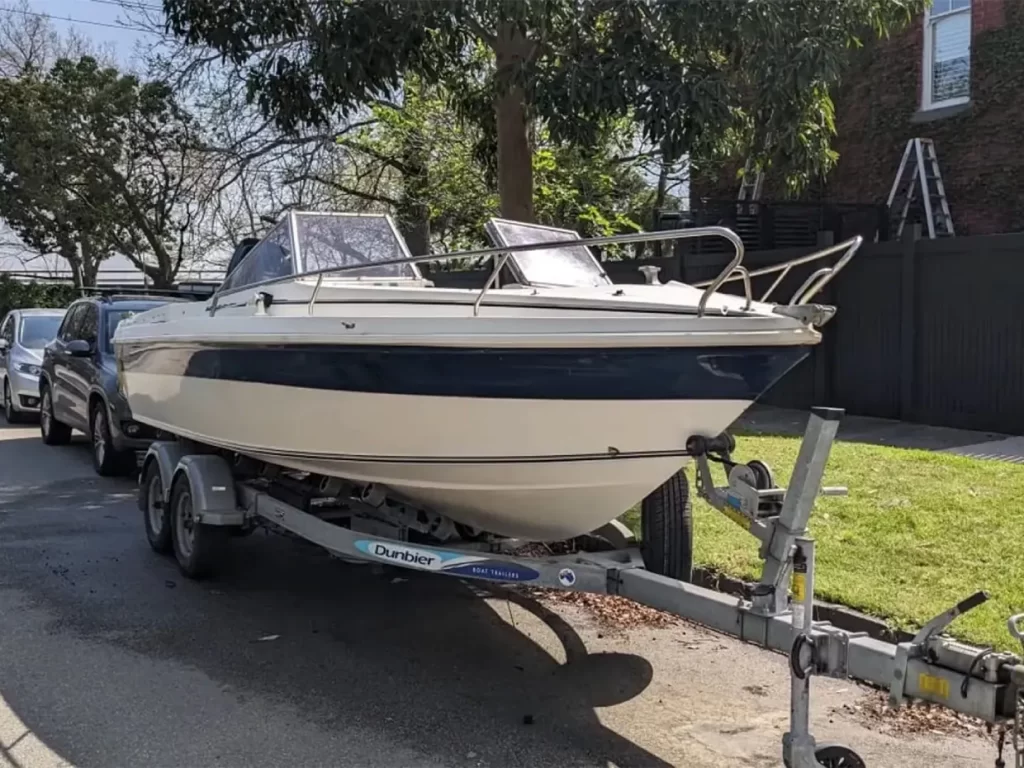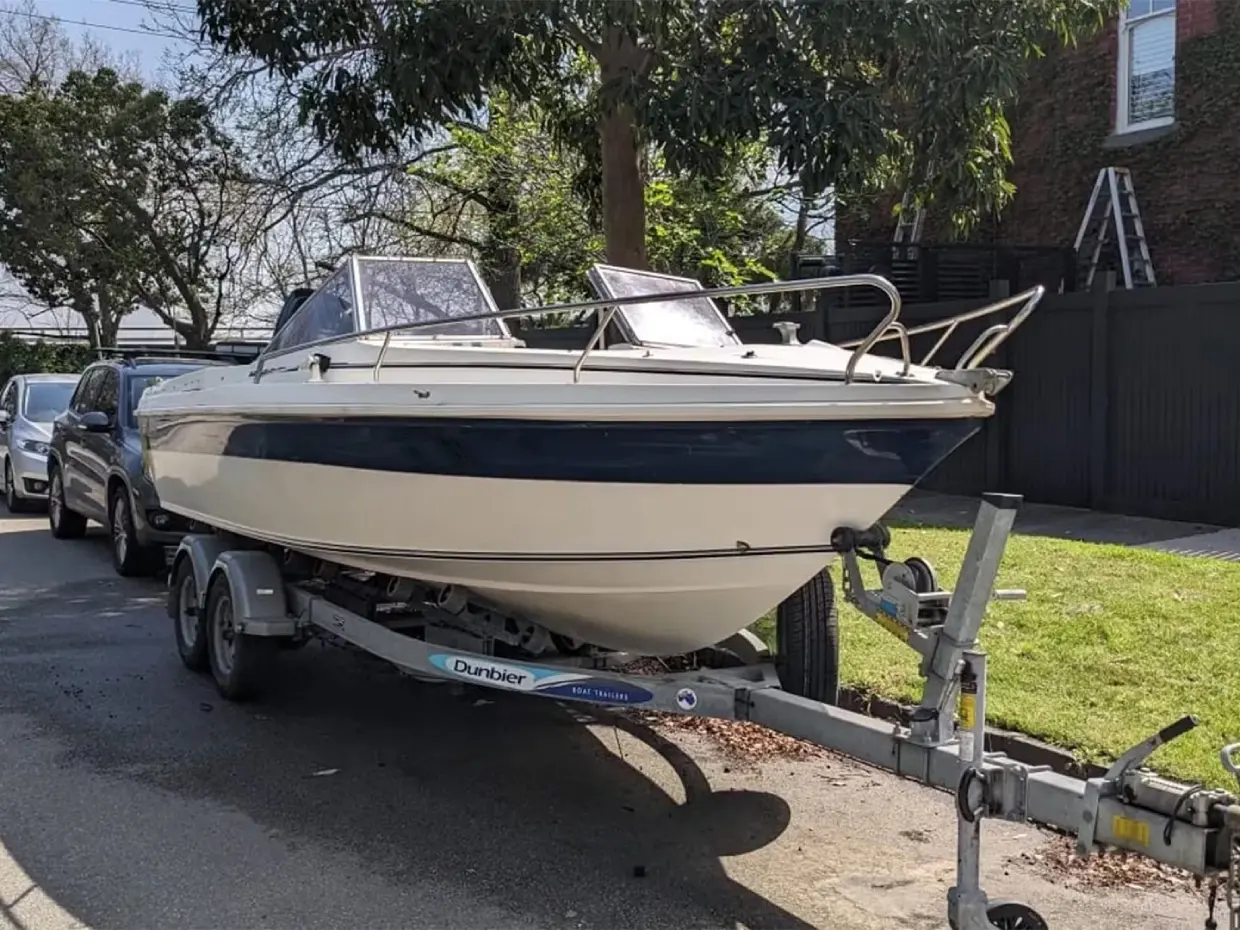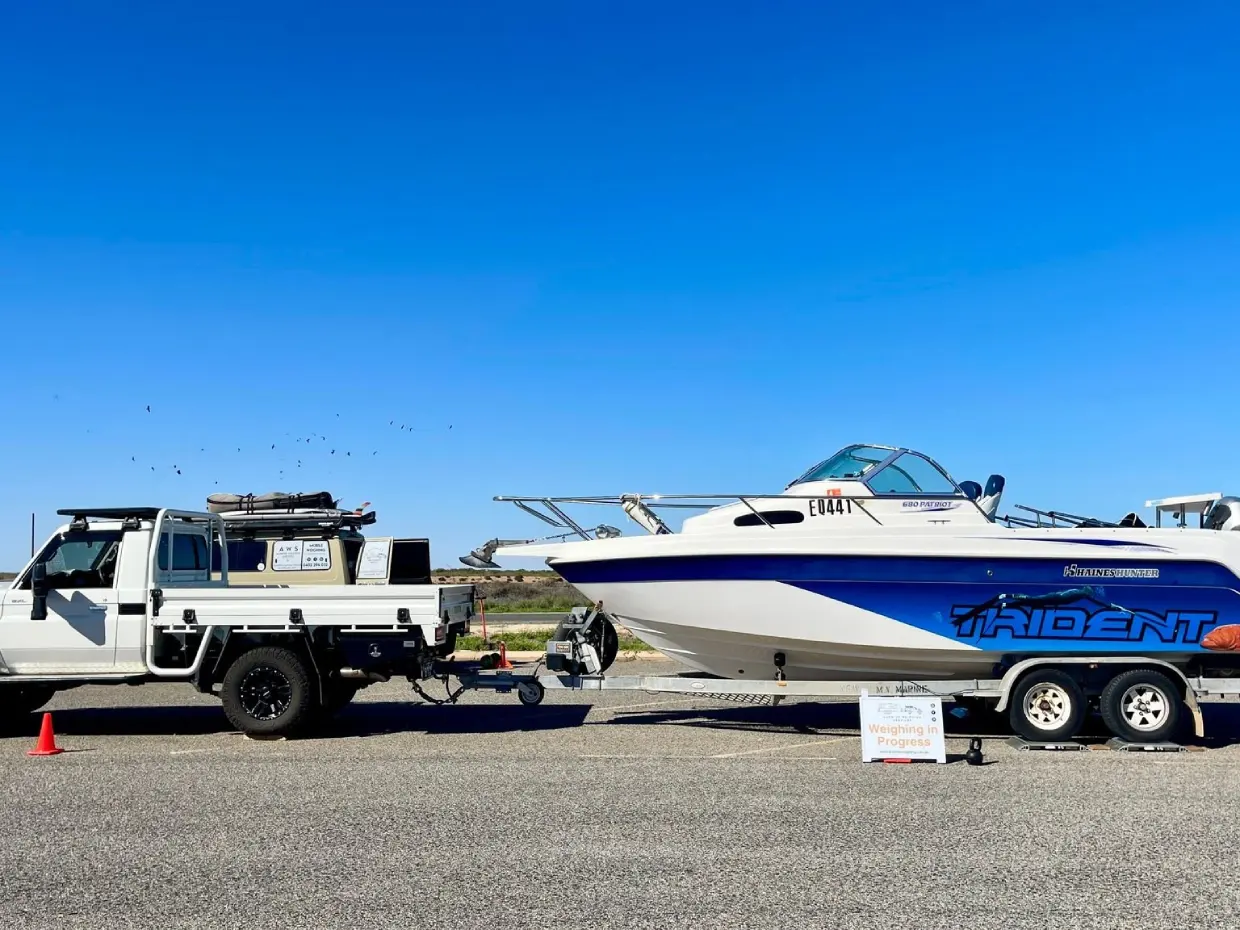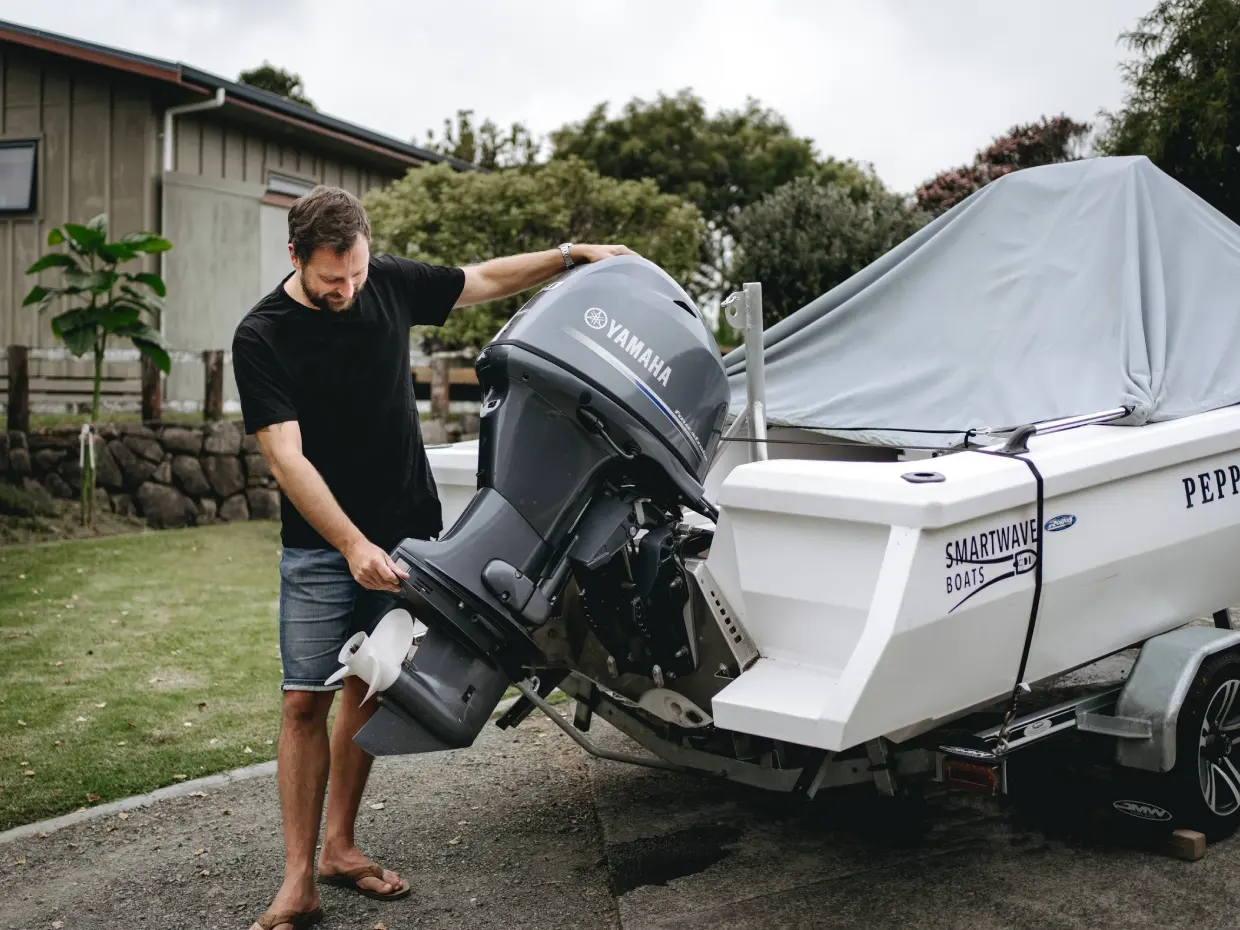Adelaide is a paradise for boating enthusiasts, offering picturesque waterways and stunning coastal scenery. However, towing your boat safely and within legal limits is crucial for a smooth and enjoyable trip. Properly managing the weight of your boat trailer ensures compliance with South Australian regulations, preventing mishaps and costly fines. When it comes to verifying your boat trailer’s weight, Road Ahead provides reliable mobile weighing services that cater to your needs. Here is a comprehensive guide to ensure your boat trailer complies with legal limits.
Understanding Legal Weight Limits
First and foremost, it’s essential to understand the legal weight limits for towing boat trailers in South Australia. Compliance is critical for both safety and lawful transportation. The legal limits include:
- Gross Trailer Mass (GTM): The maximum load on the trailer’s wheels, excluding the weight transferred to the towing vehicle.
- Aggregate Trailer Mass (ATM): The total mass of the trailer when carrying the maximum load, including the drawbar weight.
- Tow Capacity: The maximum weight a towing vehicle can safely pull as specified by the vehicle manufacturer.
Exceeding these limits can lead to fines, void insurance, and increased risk of accidents. Ensuring your boat trailer is within these limits is crucial, and this is where engaging a professional service like Road Ahead can be beneficial.
Preparing for Weighing
1. Check Manufacturer’s Specifications
Before weighing, it’s helpful to review the manufacturer’s specifications for both your trailer and towing vehicle. These documents provide crucial information regarding permissible weight limits and help you determine the legal boundaries for safe towing.
2. Secure Your Load
Properly securing your boat on the trailer is essential for an accurate weigh-in. An unsecured boat can shift during transport, leading to uneven weight distribution and inaccurate readings. Utilize appropriate straps, ropes, or nets to secure your boat firmly on the trailer.
3. Declutter & Empty Unnecessary Items
Remove any unnecessary items from the boat and trailer before weighing. Extra gear, water, and supplies can add significant weight, leading to an inaccurate reading. For an precise measurement, ensure only essential items remain, representing the typical hauling weight.
4. Check Fluid Levels
Boats often contain various fluids, including fuel, oil, and water. These should be at the levels they’ll be during regular use when you’re weighing your trailer. Consistent fluid levels are necessary for an accurate and realistic weight measure.
The Weighing Process
Engaging Road Ahead, Adelaide’s reliable mobile vehicle weighing service, simplifies the weighing process. Here’s what you can typically expect:
1. Scheduling
The first step is scheduling an appointment. You can easily contact Aaron via email or call at 0421877509 to arrange a suitable time for the mobile weighing service. This convenience means you don’t need to visit a weighbridge; the service comes directly to you.
2. Positioning the Trailer
The professionals from Road Ahead will guide you in positioning your boat trailer correctly on the weighpads. Proper alignment is necessary for accurate measurements.
3. Weighing
The experts will measure the Gross Trailer Mass (GTM) and Aggregate Trailer Mass (ATM) using state-of-the-art equipment. They will ensure accuracy by taking multiple readings and cross-checking the data.
Reviewing and Understanding the Results
Once the measurements are taken, it’s crucial to understand them in the context of South Australian regulations:
- Gross Trailer Mass (GTM): This should not exceed the capacity of the trailer’s axle(s).
- Aggregate Trailer Mass (ATM): Ensure this is within the trailer’s rated capacity and doesn’t exceed your towing vehicle’s towing capability.
- Tow Ball Weight: Make sure this is appropriate for your vehicle’s hitch capacity.
If any of these values exceed the legal limits, adjustments are necessary to ensure safe and lawful towing.
Making Necessary Adjustments
In the event your boat trailer exceeds legal limits, consider the following adjustments:
Redistributing Weight
Rearranging how weight is distributed on the trailer can help achieve better balance and compliance. Moving heavier items towards the centre or closer to the trailer’s axle can reduce strain and improve stability.
Reducing Load
If your trailer is overloaded, reducing the load by removing non-essential items is vital. Every kilogram counts, and even small reductions can make a difference.
Upgrading Equipment
In some cases, upgrading your trailer, adding additional axles, or investing in higher-rated towing equipment might be needed for safe and compliant transportation.
Conclusion
Ensuring your boat trailer is within legal limits is essential for safe and enjoyable boating in Adelaide. By understanding weight limits, properly preparing for weighing, and making necessary adjustments, you can prevent potential hazards and legal consequences. Partnering with professionals like Road Ahead simplifies the process, providing convenience and accuracy. For any inquiries or to schedule a weighing session, contact Aaron via email or call at 0421877509. Enjoy your boating adventures with the peace of mind knowing your trailer complies with all legal requirements.
Stay safe and compliant on the roads with Road Ahead!



